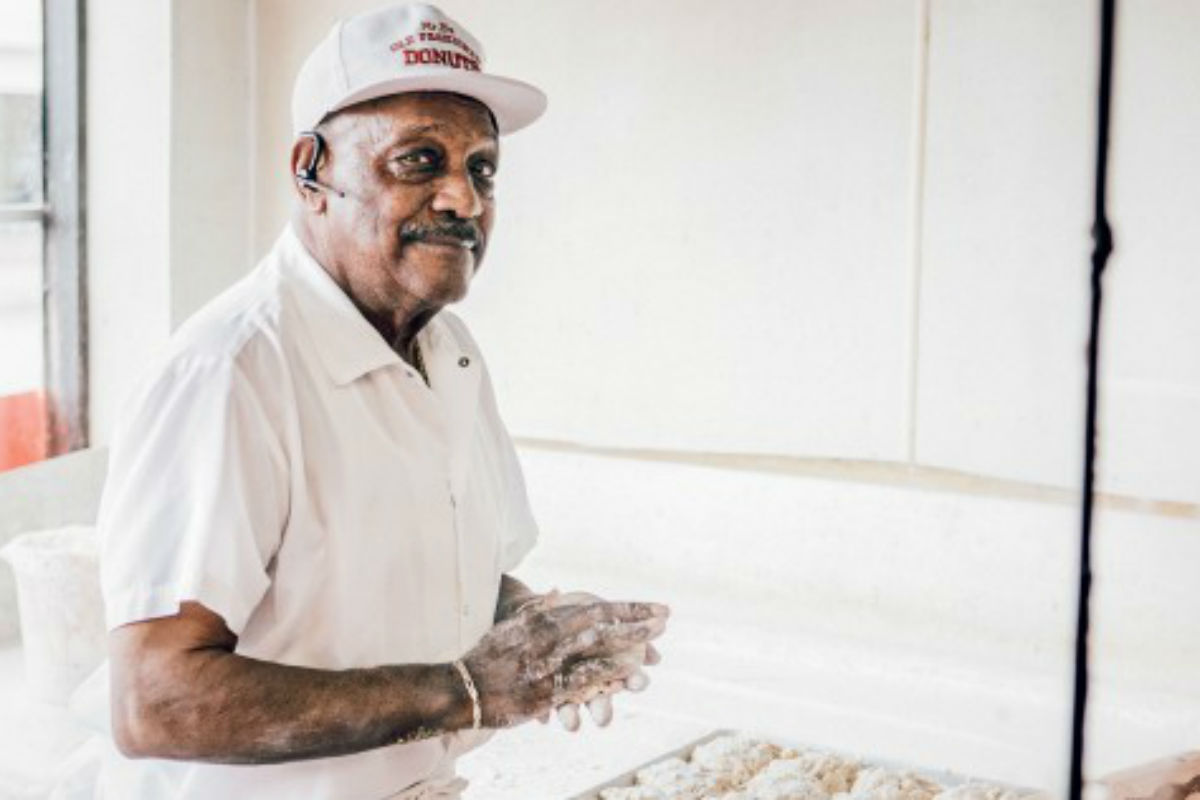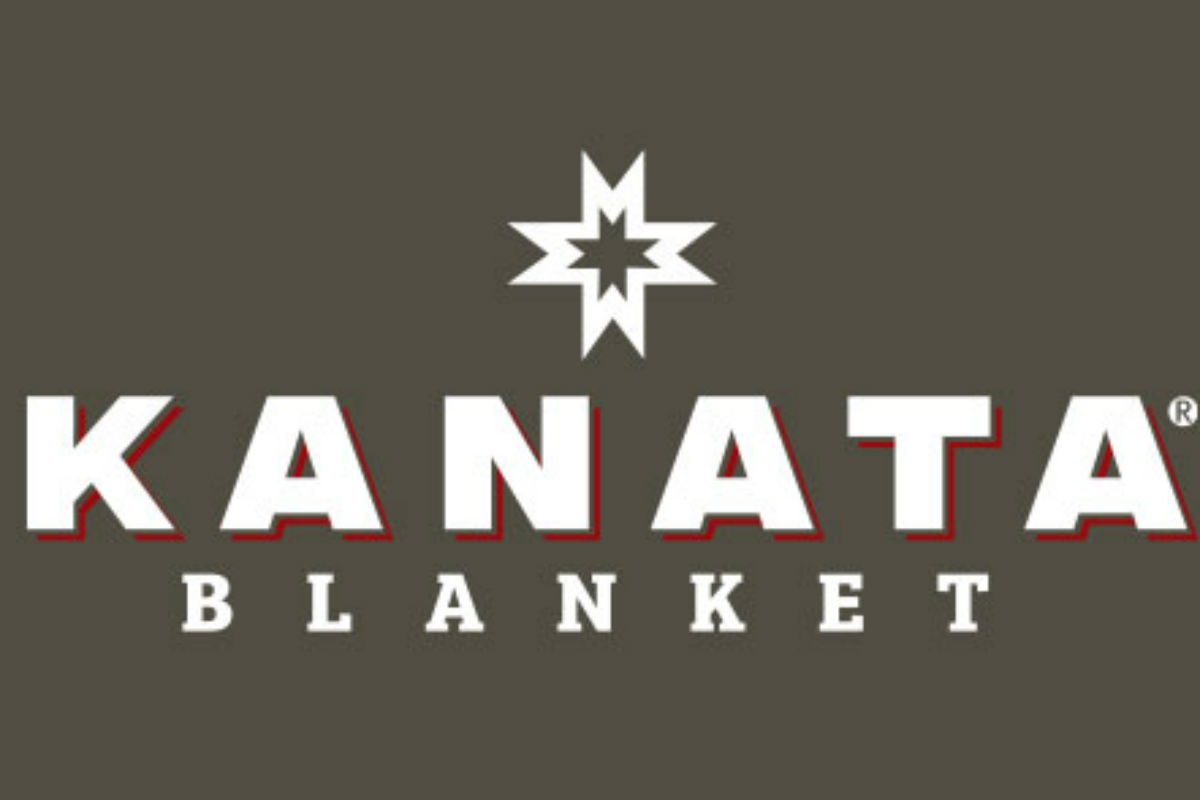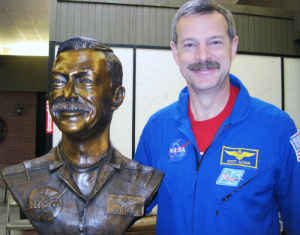- Details
 Do you crave apple fritters all year round? Buritt Bulloch, the owner and doughnut maker at Old Fashioned Donuts in Roseland on the South Side of Chicago, claims it’s always apple fritter season there!
Do you crave apple fritters all year round? Buritt Bulloch, the owner and doughnut maker at Old Fashioned Donuts in Roseland on the South Side of Chicago, claims it’s always apple fritter season there!
Bulloch opened the shop in 1972 with his wife, and today his daughters and granddaughter work there.
The apple fritters are beloved by the neighborhood, but he didn’t start making them until about 10 or 12 years ago in an attempt to use up leftover dough.
- Details
 Kanata Blanket, one of America’s leading manufacturer of premium blankets and promotional products, has announced they will move their North American and U.S. operations to Vandalia, Ill.
Kanata Blanket, one of America’s leading manufacturer of premium blankets and promotional products, has announced they will move their North American and U.S. operations to Vandalia, Ill.
The new facility is planned to create 40-50 new jobs in the area in the coming year.
Vandalia and Central Illinois are hubs of automotive, agricultural and industrial manufacturing. Over 70,000 Central Illinois residents work in the industry, and thousands of others rely on the products local manufacturers make and the economic development they generate.
- Details
 Harrison Ford, Robin Williams, Harold Ramis… and soft-serve ice cream?
Harrison Ford, Robin Williams, Harold Ramis… and soft-serve ice cream?
That’s right—Dairy Queen is an Illinois native, born on North Chicago Street in Joliet. The fast food and ice cream chain turned 80 on Monday.
According to a 1991 article from the Associated Press, founder Sherwood “Sherb” Noble broke into the business after taking a dairy course at Iowa State College and managing an ice cream store in his hometown of Clemons, Iowa.
- Details
 This month Made in Illinois has a tasty feature. In honor of National Popcorn Day, we visited Pittman’s Popcorn Shop (1500 Wabash Ave. Springfield, IL) and spoke to Michael Pittman, the owner of the independent, family-owned gourmet popcorn store.
This month Made in Illinois has a tasty feature. In honor of National Popcorn Day, we visited Pittman’s Popcorn Shop (1500 Wabash Ave. Springfield, IL) and spoke to Michael Pittman, the owner of the independent, family-owned gourmet popcorn store.
First opened in 2016, Pittman’s Popcorn Shop touts more than 500 popcorn flavors with 70 flavors available at any given time. From traditional flavors like caramel and cheddar to their own creations like strawberry cheesecake and peanut butter chocolate, Pittman’s Popcorn Shop has something to offer to everyone.
Read the story below of how Pittman started and has grown his business.
- Details
NASA inducted Pekin native Captain Scott Altman into the U.S. Astronaut’s Hall of Fame on April 21 with a ceremony at the Kennedy Space Center Visitor Complex. Altman is one of 98 other American astronauts to receive that honor, including Neil Armstrong, John Young and Gordon Fullerton.
inducted Pekin native Captain Scott Altman into the U.S. Astronaut’s Hall of Fame on April 21 with a ceremony at the Kennedy Space Center Visitor Complex. Altman is one of 98 other American astronauts to receive that honor, including Neil Armstrong, John Young and Gordon Fullerton.
Altman began his journey at Edison Junior High School in Pekin before continuing his education at the University of Illinois Champaign-Urbana. There he studied aeronautical and astronautical engineering before joining the Navy and rising to the rank of captain. He later earned a Master of Science degree in aeronautical engineering from the Naval Postgraduate School.



